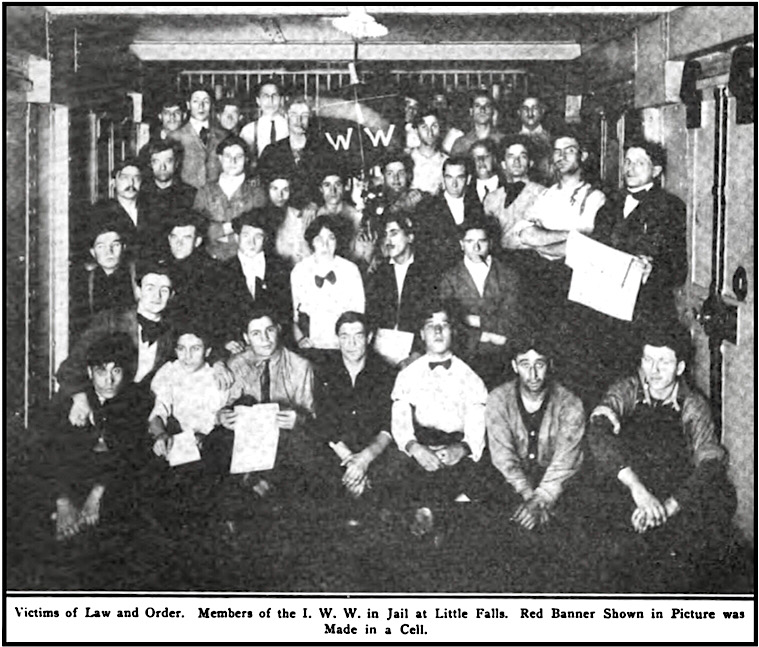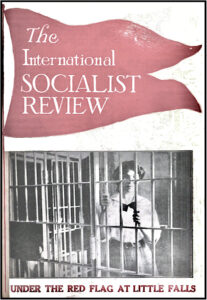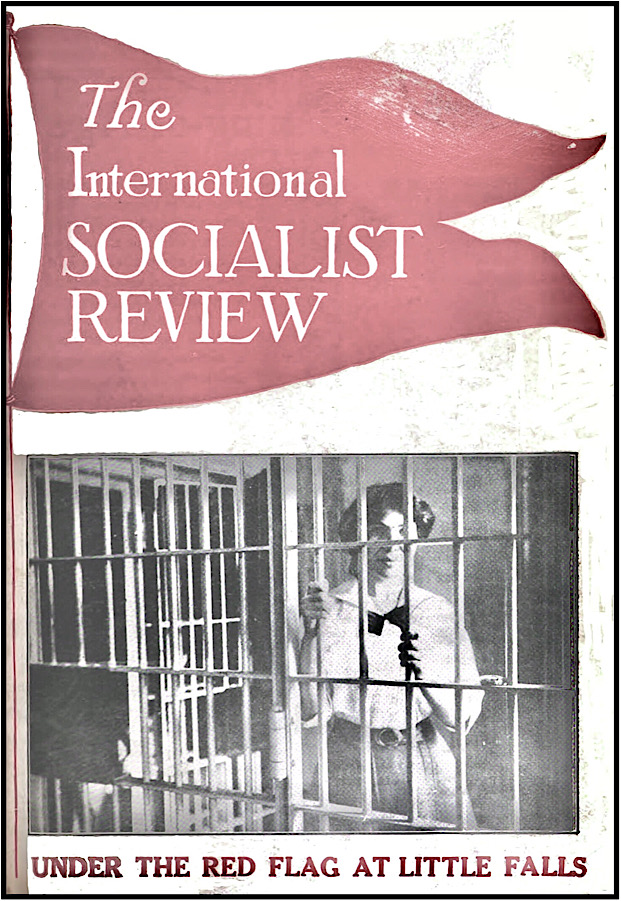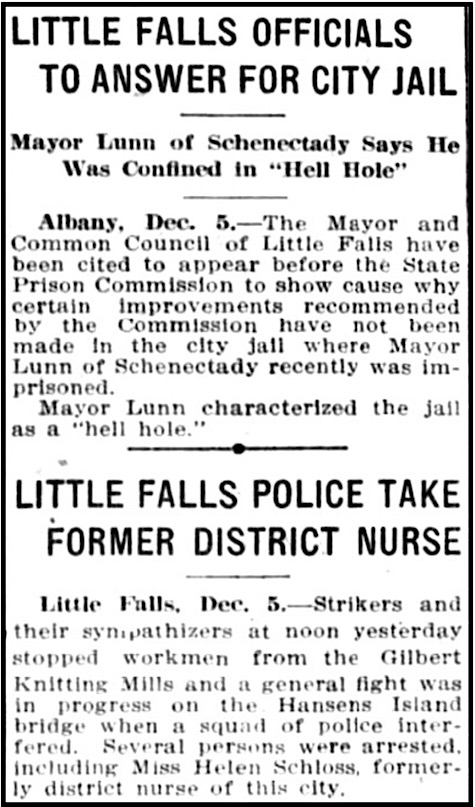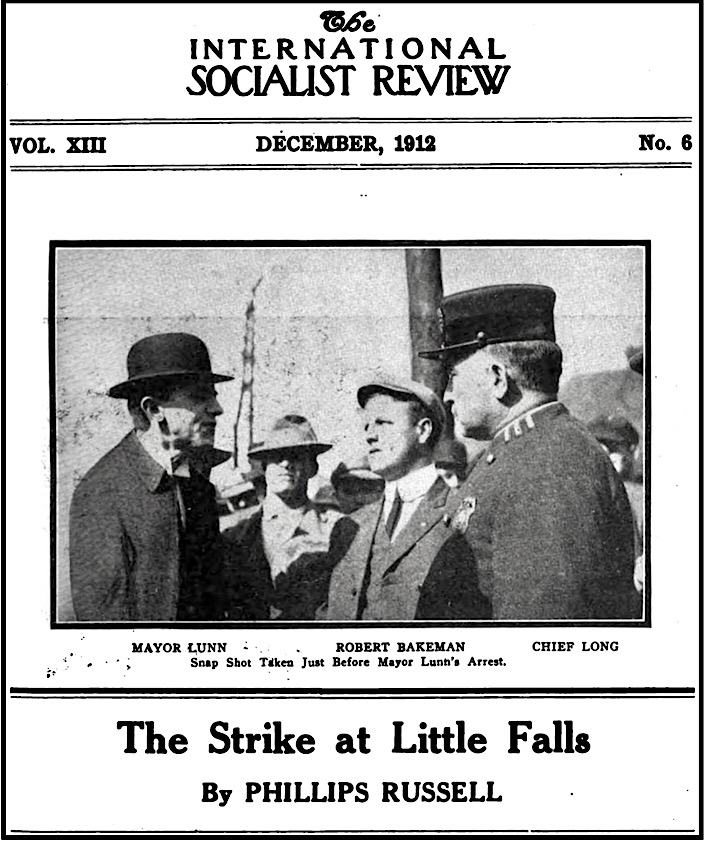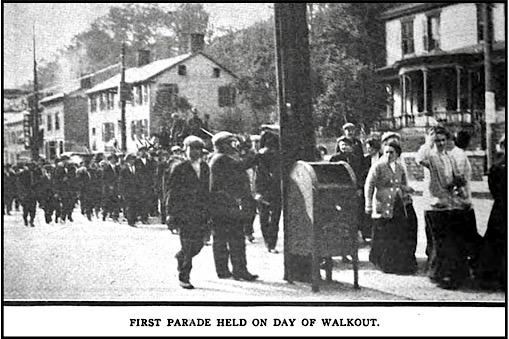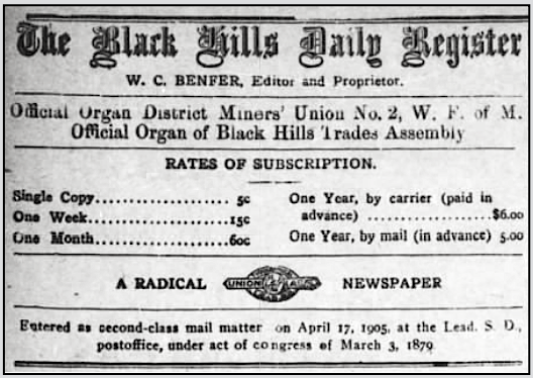Helen Schloss Writes Colorado Strike Story
———-
(By Helen Schloss.)
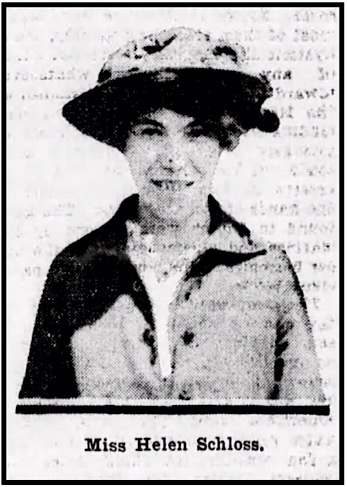
Miss Helen Schloss is a trained nurse who has been active as a suffrage organizer in this borough in behalf of the Woman Suffrage Party. She was sent to Colorado by the Brooklyn Committee for the Relief of Wives and Children of Colorado Strikers to organize a relief station at Trinidad. Mrs. Frank H. Cothren, Mrs. Herbert Warbasse and James P. Warbasse are especially active on this committee. This is the story of conditions as Miss Schloss heard it from the strikers:
———-
THERE has been a strike in the State of Colorado, since last September, and if memory serves rightly, there have been strikes ever since the mines began operating. Mines are unsafe, and hundreds of men are being killed in them every year. Water is scare in this part of the country, and coal dust is very plentiful. When a sufficient amount of coal dust has gathered in the air there is an explosion and many lives are snuffed out. When the operators are asked why they do not sprinkle the mines, they answered that the country lacks sufficient water.
The present strike has been in progress, in a peaceful manner, since September. There was no trouble of any moment till April 20. The militiamen were in the field to protect the mines, and incidentally to break the backbone of the strike.
The militiamen had nothing to do, but to have a good time. So for just a little pastime, they started with Ludlow.
Ludlow had 12,000 [1200] inhabitants, with over 100 tents. The Ludlow people were about twelve nationalities in that small colony. They had parties and feasts, the women had plenty of time to go visiting, and to gossip. The men hung around, laughed and sang. There was nothing to do but wait until the strike was settled. The militiamen had work to do, and that was to break the strike.
Long before April 20, the tents of the strikers were searched. Trunks were ransacked, floors torn up, and there seemed to have been brooding a general feeling of hatred for the militia.
While the militia searched the tents, they usually had a machine gun on top of the hill. Be it known that Ludlow is sitting in a valley. The militia were stationed on the hills. This gave them a good chance to watch the doings of the strikers.
Militia Fires on Camp of Women and Children.
Monday morning, April 30 [April 20], at 10 a. m. the Ludlow people heard an explosion, and rushing out to the tent doors, they saw the machine guns in full blast, firing down upon them.
Under almost every tent was a large cave. The women and children scrambled into them, while the men grabbed their rifles and ammunition, and went up on the hill to fight.
The women and children who were in the caves tell horrible stories. The firing from the hills kept up all day, until 3 o’clock the next morning. No one knew whether his companions were alive or not. No one knew whether they would ever see his friends again. The rumbling kept up on the hill.
One young woman [Pearl Jolly] who had some training as a nurse, put Red Cross on her breast, and carrying a white flag, went from cave to cave with food, and drink for the women and children. She was fired at from all directions, and it is a great wonder that she lives to tell the tale. The heel was shot off one of her shoes.
One time when she ran into one of the tents, to get some food, so many shots followed her through the canvass that she had to lie still on the floor for hours. A dresser in the tent was shot to pieces.
It is said that the explosive bullets that were used set the tents on fire. The tents began to burn towards evening, and the fires kept up all night. The women and children fled from the caves, to the nearest ranch, and as they were running , shots followed them. The firing became so insistent that the people had to flee from the ranch. The militia looted the house, and left a note on a blank check, saying “this will teach you a lesson not to harbor strikers next time,” signed with the initials of the Baldwin gunmen.
Towards morning at the break of day, that they saw the militia looting and setting fire to tents.
On going through the ruined tent colony, one was struck with the terrible amount f bullets lying everywhere. Everything had been riddled.
The stoves that might have been used after going through the fire were full of holes, where the bullets struck. Barns, sheds and everything in sight was destroyed. It was a ghastly sight to walk through the ruined colony, with the frames of the bedsteads standing out like ghosts amid the ruins.
We stopped near the cave, where eleven children and two women were smothered alive. Big, strong men stood at this cave, in silence, with bowed head. We slid down the gruesome hole, and I gave it a sort of rough measurements and found it 5 feet high, 7 feet wide and 9 feet long. A little high chair and a baby’s gocart were still there.
The Red Cross party that went to Ludlow to recover the dead were arrested and detained for a little while. At first they received permission to pass, but later on General Chase told them he had received word they could not pass. Later this same general became abusive and called the minister choice names.
The Red Cross party recovered the eleven children and two women, but it is said that there are a great many bodies still missing, which are not accounted for.
Continue reading “Hellraisers Journal: Helen Schloss, Volunteer Nurse from New York, Writes Story of the Colorado Coalfield Strike” →
 —————-
—————-
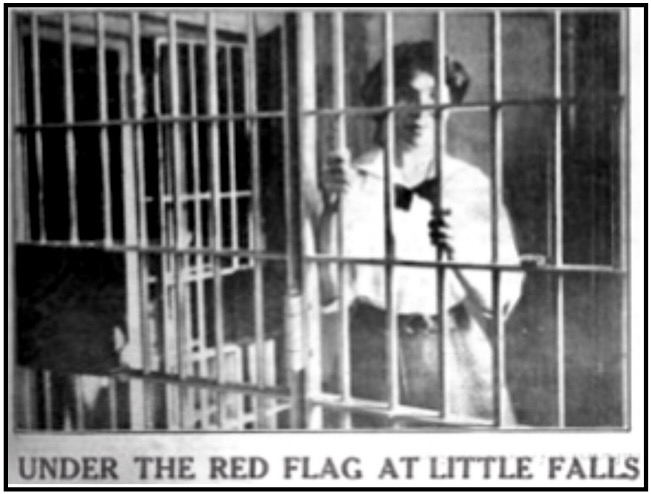
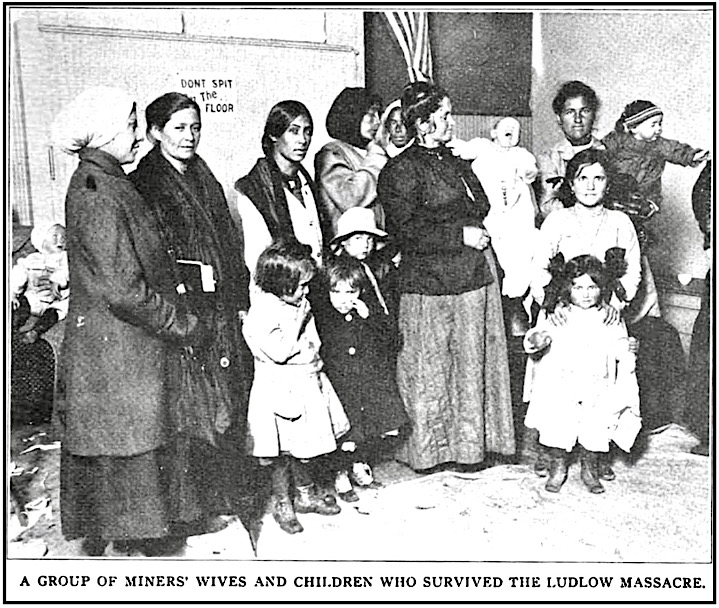
 —————
—————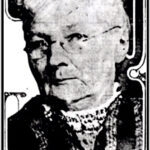

 —————
—————